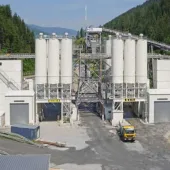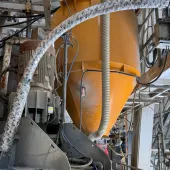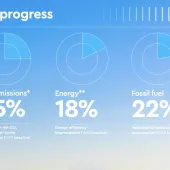Education and training for a concrete future
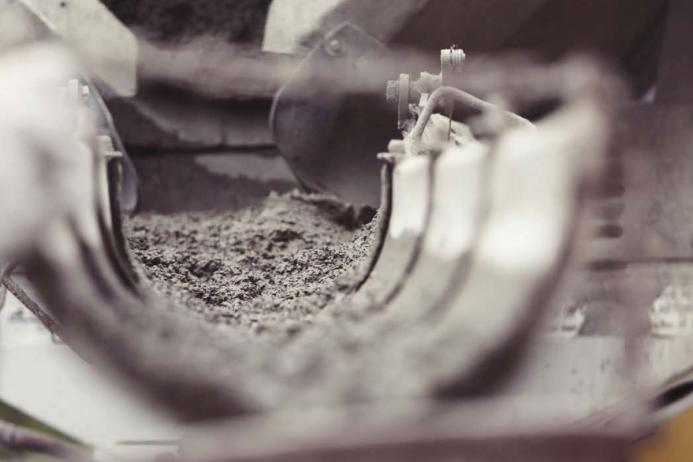
First published in the April 2025 issue of Quarry Management
UK concrete, both ready mixed and precast, is produced from around 1,000 sites nationwide. More than 90 million tonnes is consumed in a typical year for a wide range of uses which form the foundation and fabric of our built environment, both onshore and offshore, above ground, on the ground, and below our feet.[1]
Concrete is an economically significant and major part of the wider UK mineral products industry, which contributes approximately £18 billion to the UK’s GDP. The concrete industry directly employs 74,000 people nationally and underpins a further 3.5 million jobs.[2]
Concrete’s role in a more inclusive industrial strategy
As a foundational material in construction, concrete has often been overlooked in policy discussions, despite its critical importance in sustainable development, decarbonization efforts, and meeting housing needs.
The Mineral Products Association (MPA) has challenged the Government for a more inclusive industrial strategy that recognizes the essential role of concrete in both housing and infrastructure projects.[3]
Chris Leese, chair of the MPA executive management committee, said: ‘Given that the timber roadmap plainly states that timber is combustible and can contribute to the spread of fire, it is frustrating and perplexing that the Government seems so keen to support using more of it.
‘Even more so with unresolved questions around how to prevent further global deforestation, when the UK is already the third-largest timber importer in the world, and how to tackle the problems of water damage and durability that have deterred insurers. And that is before we get into things like the monoculture within managed forests or the cocktail of chemicals needed to try to overcome timber’s deficiencies.
‘However, we welcome the report’s recognition of the limited environmental data the timber sector provides compared with concrete’s extensive Environmental Product Declarations.’
Ongoing investment in continuous professional development (CPD) and training within the concrete industry will help drive innovation and maintain a skilled workforce capable of meeting future challenges.
CPD and workforce development: Ensuring a future for concrete in the UK
The concrete industry has adapted to meet the challenges of decarbonization and sustainable construction, through investment in qualifications and CPD. This helps to foster a knowledgeable, competent workforce. Not only does this drive innovation, but also ensures that the industry remains resilient in the face of ever-changing regulations and market demands.
CPD ensures that professionals in the concrete sector remain at the forefront of technological advancements, regulatory changes, and sustainability practices, whilst also providing networking opportunities and skills development that are advantageous to career progression.
The Mineral Products Qualification Council (MPQC) members, The Concrete Society, and the Institute of Concrete Technology (ICT) are the primary organizations focused on advancing knowledge, standards, and practices in the field of concrete and cement, in addition to the Institute of Quarrying (IQ) and CPD, regulated and vocational qualifications and training.
The Concrete Society: a professional platform for collaboration
The Concrete Society supports the use and development of concrete as a material in construction and infrastructure. It provides a platform for a wide range of professionals, including engineers, architects, contractors, and concrete manufacturers, in the concrete industry to collaborate, share knowledge, and promote best practices. It offers training, technical guidance, events, and publications.
As concrete science continuously innovates, knowledge is essential to correctly design and specify with it. Rigorous qualifications are, therefore, vital to concrete technologists and engineers.
The Concrete Society is partnered with higher education and has developed several courses including at the University of Derby:
Level 4 Certificate in Ready Mixed Concrete Technology
Level 4 University Certificate of Concrete Technology (developed with Institute of Quarrying)
Level 5 University Diploma in Concrete Studies
MSc Structural Engineering and Concrete Materials (University of Dundee)
MSc in Concrete Structures (Imperial College London).
More information is available online at: www.concrete.org.uk/qualifications.asp
Each month a bulletin, Concrete Current Awareness, is produced to identify the latest literature on the many and varied aspects of concrete knowledge. Moreover, this bulletin is accompanied by Concrete Standards Alert which tracks the changes to the standards regime: new publications, withdrawals, amendments, and general news from BSI, CEN, ASTM, and the like.
Also, the authoritative Concrete magazine is published 10 months per year. Further information is available online at: www.concrete.org.uk
The Institute of Concrete Technology (ICT): a global provider of concrete education and training
The Concrete Technology & Construction scheme has been established for more than 40 years, providing graded progression leading to membership of the Institute of Concrete Technology (ICT). This membership is internationally recognized and considered a benchmark of competence and professional standing.
ICT membership serves individuals at various stages of their careers, from beginners to experienced professionals, aiming to advance concrete technology worldwide.
Stage 1 – Concrete Practice: Entry-level qualification for those starting in the concrete industry or related fields
Stage 2 – General Principles: For those with prior knowledge, covering the fundamentals of concrete materials, properties, and production
Stage 3 – Practical Applications: For those with considerable experience, focused on the practical aspects of concrete in construction
Stage 4 – Advanced Concrete Technology: An advanced qualification aimed at professionals with considerable experience and responsibility, involving original research.
ICT is holding its 53rd ICT Convention – Materials, Design, and Practical Applications on 29 May 2025 at Trinity College Dublin, Ireland. Its theme is ‘The Pursuit of Net Zero Concrete’.
The convention will address environmental concerns about the legacy of Portland cement-based concrete, with an emphasis on new materials, designs, and practical applications that align with sustainability goals.
Expert speakers from the cement, aggregates, concrete, and construction sectors will provide practical insights. There will be opportunities to interact and network with speakers, ICT members, and non-members, to discuss the latest trends and solutions in concrete technology. To book, visit: www.theict.org.uk/contactus.asp
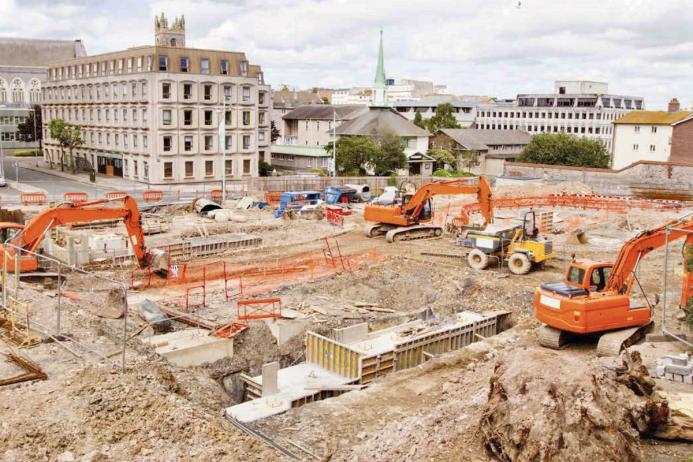
Tailored learning with the IQ CPD select series
IQ offers the CPD Select programme, which includes a range of tailored learning options designed to meet the varied needs of individuals and businesses in the concrete sector. The CPD Select options include:
Self-Select: This option allows individuals to choose learning units that are most relevant to their current or future roles, empowering them to drive their own professional growth
IQ Select: These subject-area bundles bring together the most pertinent learning units based on a specific theme or discipline, offering a cost-effective way to broaden knowledge in a particular area
Employer Select: Businesses can select bespoke training packages for their employees, focusing on the most pertinent areas for organizational growth and development.
These flexible learning opportunities not only enhance technical competence, but also promote a culture of continuous learning and innovation within the concrete industry.
Specialized training in geotechnics and concrete operations
IQ provides a variety of qualifications in fields such as geotechnical knowledge, precast concrete operations, and ready-mixed concrete production
Geotechnical Awareness and Knowledge: Courses for Level 2 and qualifications for Levels 3 and 4 focus on key geotechnical skills, which are essential for professionals working in quarries, cement works, and other concrete operations. These qualifications equip workers with a deep understanding of the geological challenges faced in concrete production and site management.
MPQC Diplomas: For those working specifically in the concrete sector, MPQC provides specialized diplomas such as the Level 2 Diploma in Precast Concrete Operations and the Level 3 Diploma in Supervising Ready-Mixed Concrete Production. These qualifications focus on operational competence, supervisory skills, and safety, offering both theoretical knowledge and practical application in real-world settings.
Further information can be found at: www.quarrying.org/careers/iq-educationandtraining and www.mpawards.co.uk
Supporting personal career growth
James Thorne, chief executive officer of the IQ and MPQC, advocates for qualifications and CPD as ‘crucial parts of any organization’s strategy to ensure a knowledgeable, loyal, and productive workforce.’
Investing in CPD and specialist expertise not only supports employee growth, but also promotes innovation and long-term success for businesses in the concrete and related industries.
Education, qualifications, and training, therefore, remain essential to ensure that concrete is produced and understood as the sustainable, innovative, energy-efficient, and durable solution that it is.
REFERENCES
1, 2, and 3: Mineral Products Association
Subscribe to Quarry Management, the monthly journal for the mineral products industry, to read articles before they appear on Agg-Net.com



